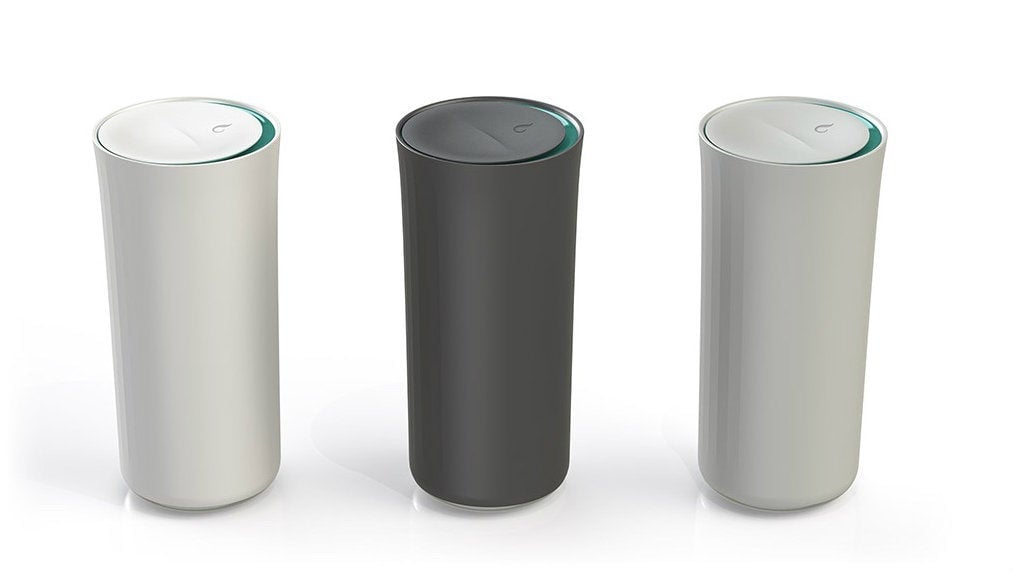Crowdfunding’s latest dud: The “smart cup” that knows what you’re drinking
Amid last year’s frenzy of wacky crowdfunded gadgets, Vessyl stood out. Produced by San Francisco’s Mark One, the Vessyl was a cup that purportedly could detect the liquids poured inside of it—pour in your morning java, for example, and Vessyl would tell you if you were drinking a cappuccino or a black coffee (and track your calories, sugar, and caffeine). ReCode and The Verge both called it legit (Quartz called it ridiculous) and the device drummed up enough media attention that Stephen Colbert parodied it.


Amid last year’s frenzy of wacky crowdfunded gadgets, Vessyl stood out. Produced by San Francisco’s Mark One, the Vessyl was a cup that purportedly could detect the liquids poured inside of it—pour in your morning java, for example, and Vessyl would tell you if you were drinking a cappuccino or a black coffee (and track your calories, sugar, and caffeine). ReCode and The Verge both called it legit (Quartz called it ridiculous) and the device drummed up enough media attention that Stephen Colbert parodied it.
But Vessyl’s glass is now looking half-empty. After locking $1 million in preorders in June 2014 for an expected “early 2015” ship date, Mark One’s first delivery will arrive this week. And it is not the magical cup promised, but the Vessyl Prime—a cup that can track how much water you drink, but can’t detect any other types of liquids. This will likely disappoint anyone who was hoping to wow friends with a psychic thermos.
The Vessyl Pryme hits Apple’s retail and online stores today, and will sell for $99. The company says that the people who pre-ordered the original Vessyl will get a Pryme for free, as the company works on manufacturing the original product.
When that might happen is anyone’s guess. Mark One has delayed the arrival of the original, beverage-guessing Vessyl indefinitely. It attributes the lag, which has almost exceeded one year, to unexpected challenges in making the sensor which identifies liquids. Quartz reached out to Mark One for comment but has not heard back.
Backers, who pre-ordered their beverage-detecting Vessyls at $99 a pop through the company’s website, aren’t happy. After almost two years, “you’re still working out bugs on the perhaps the only part that actually matters, the sensor,” writes one commenter on Facebook. “It seems like the only people really doing any work over there are the PR and marketing teams.”
Vessyl is only the latest crowdfunded tech to fail to live up to its promises. Yesterday, a startup that raised $3.6 million on Kickstarter for a mini-drone announced its assets would be liquidated, leaving backers high and dry. Other failures to emerge this year include 3D printer Pirate3D, which raised $1.5 million on Kickstarter, coffee maker ZPM Espresso, camera dongle Triggertrap, and several others.